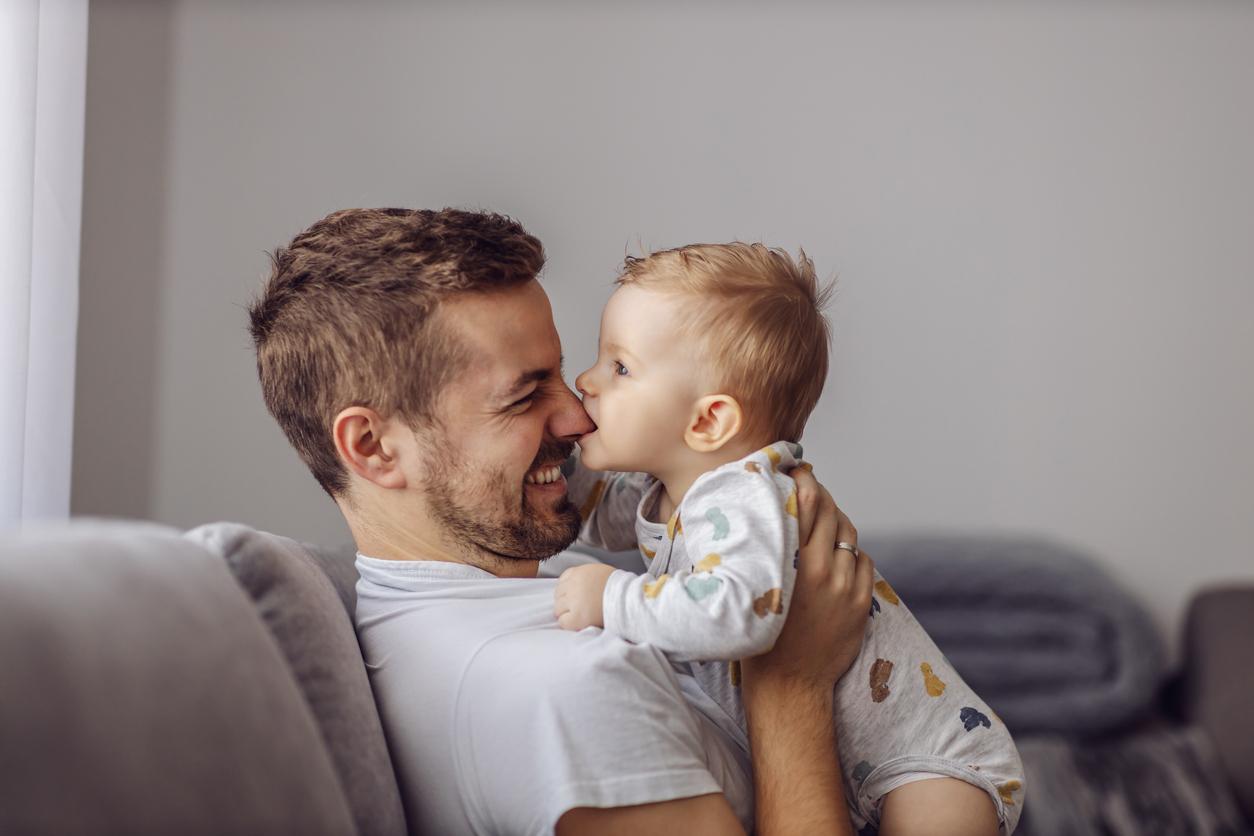A situation of single parenthood can also promote the development of the child, even if the mother or the father is not present.

It is by taking into account the emotional needs of his child, that he can develop completely normally and healthily in a single-parent family. For this, dialogue, truth and the expression of emotions are very important.
What to tell your child if the other parent has left or does not want to get involved?
Whether it is a situation of separation, divorce or a lack of recognition or involvement of the other parent, talking to your child about the circumstances surrounding his conception allows him to know the bases on which to build his identity. . Even in the event of abandonment, it is possible to emphasize the people present in his life such as his grandparents, uncles or aunts, or even family friends to reassure him of his importance in the eyes of adults. around him.
For a child to understand the love you have for them, avoid blaming the other parent or expressing your sadness so that they do not feel guilty. Conversely, allow him to express his emotions such as anger or sadness that are normal in the process of grieving the absent parent.
What to tell your child if he was conceived by a single parent or if the other parent is deceased?
In the event of the death of the other parent, tell your child about your life together, with the good memories and the love that the latter had for him. Explain the causes of death to him in simple words that he can understand. While listening to his concerns, you can also give him a small object in memory of the other parent and keep rituals by celebrating the birthday of the deceased parent, for example.
When you decide to have a child alone, through assisted procreation or adoption for example, being as transparent as possible while remaining simple is important so that your child can understand his origins and develop himself. The family or friendly environment also has an essential role so that he finds his place and feels loved by several adults.
Find out more: “Living alone with mom or dad” by Catherine Dolto, Colline Faure-Poirée and Frédérick Mansot, Giboulées editions.
.















